(BLEOST) – Frequently Asked Questions (FAQ)
1. What is BLEOST?
The Board on Law Enforcement Officer Standards and Training (BLEOST) establishes and enforces minimum standards for the employment, training, certification, and professional conduct of law enforcement officers in Mississippi. It is authorized under Miss. Code Ann. § 45-6-1 et seq.
2. Who is required to be certified by BLEOST?
Any individual appointed or employed full-time, part-time, reserve, or auxiliary by a Mississippi law enforcement agency, who is:
-
Duly sworn,
-
Authorized to bear arms and make arrests,
-
And whose primary duty is law enforcement activity (e.g., crime prevention, criminal apprehension, traffic enforcement).
3. What are the minimum qualifications for employment as a law enforcement officer in Mississippi?
To qualify for employment, an applicant must:
-
Be at least 21 years old,
-
Be a U.S. citizen,
-
Be a high school graduate or hold a GED,
-
Be in good physical and mental condition (verified by a licensed physician),
-
Be of good moral character with no disqualifying criminal history,
4. What is the certification deadline for new officers?
-
Full-time officers must complete a BLEOST-approved basic training course within 1 year of hire.
-
Part-time officers must complete training within 2 years.
Failure to certify within the required timeframe results in loss of authority to serve as a law enforcement officer.
5. Are officers ever exempt from BLEOST certification?
Yes. Officers employed full-time on or before July 1, 1981, who have not had a break in service of more than two years, are "grandfathered" and exempt from BLEOST training requirements.
6. What is considered a break in service?
A break in service is any period during which an individual is not employed as a law enforcement officer. A break exceeding two years typically requires additional training or recertification.
7. What is the process for hiring a certified officer from another agency?
If the officer’s break in service is less than two years:
-
Their certification may be transferred,
-
The hiring agency must conduct a background investigation and a medical/psychological evaluation.
-
Submit a full “Law Enforcement Application for Certification and Background Investigation Review” (Parts I, II, III).
8. What is a self-sponsored cadet?
A self-sponsored cadet is an individual who pays their own way to attend a BLEOST-approved academy without agency sponsorship. Certification must be obtained within 2 years of training completion, or the course must be repeated.
9. How is moral character evaluated?
Applicants are evaluated through:
-
A comprehensive background investigation,
-
Disclosure of all criminal history and relevant conduct,
-
Consideration of offenses involving dishonesty, violence, or moral turpitude, even if dismissed, non-adjudicated, or expunged.
10. What is the Equivalency of the Training process, and how does it affect hiring?
The Equivalency of Training process allows certified officers from other states or federal agencies to apply for Mississippi certification without attending a full BLEOST academy.
To qualify, applicants must:
-
Have completed a basic law enforcement training course equivalent to BLEOST standards,
-
Have been certified as a full-time officer elsewhere (Military, Federal, Other States, Etc.),
-
Have no break in service greater than five years,
Agencies hiring such applicants must:
-
Submit the full BLEOST Application for Certification (Parts I–III),
-
Include training documentation and an equivalency request.
-
Ensure the applicant still meets all Mississippi minimum employment standards.
BLEOST will determine whether the applicant is eligible for:
-
Full certification by equivalency,
-
A refresher course, or
-
Re-enrollment in the full basic academy.
11. What are the consequences of employing uncertified officers beyond the allowed period?
Agencies that continue to employ uncertified officers beyond their allowed training deadline may face:
-
Loss of the officer’s peace officer powers,
-
Revocation of salary authority for the officer,
-
Sanctions from BLEOST.
Agencies should have procedures to ensure timely enrollment in approved training programs.
